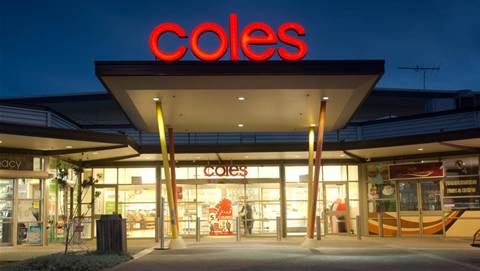Commonwealth Bank’s Household Spending Intentions (HSI) Index has risen by 2.5 percent per month in December reaching 115.0, the highest level recorded since the inception of the series in 2017.
The report is based not only on where purchases have been made, but the intentions of households around their spending activity. The research therefore draws on publicly available Google Trend search activity alongside an analysis of CBA’s payments data reflecting two and a half million Australian households.

The HSI Index covers 12 household spending categories: travel, transport, retail, entertainment, household services, insurance costs, communications and digital streaming, education, utilities, motor vehicle, health and fitness, and home buying.
The strongest gains in December were in travel (28.1 percent), transport (11.8 percent) and retail (10.8 percent), reflecting Christmas trading, and easing of COVID restrictions.
According to CBA senior economist Belinda Allen, “The boost in the travel and transport sectors reflects increased mobility around the country in December. Domestic tourism (such as driving holidays) lifted spend, while we continued to see reduced air travel due to availability. This flowed through to higher spending in other related sectors.”
With Omicron affecting supply chains, Allen points out a drop in credit and debit card spending in January.
CBA economist Stephen Wu said that while volatility is always high during the holiday period, the surge in COVID cases resulted in a 3 percent spending drop in the month than was anticipated.
“This is not a bad result considering the huge number of people that have been required to stay at home,” said Wu.
“With a large number of people in isolation we have seen spending on services slow sharply. However, spending on goods has held up well. Online spending growth remains firm, while in-store spending is a little lower.”
Wu calls Western Australia a “stand out” state when it comes to spending acceleration. With tight border restrictions largely keeping COVID out of WA, Wu highlights strong spending across a range of categories in the state.


_(20).jpg&h=140&w=231&c=1&s=0)


_(33).jpg&h=140&w=231&c=1&s=0)





 iTnews Executive Retreat - Security Leaders Edition
iTnews Executive Retreat - Security Leaders Edition
 iTnews Benchmark Awards 2026
iTnews Benchmark Awards 2026
 iTnews Cloud Covered Breakfast Summit
iTnews Cloud Covered Breakfast Summit
 The 2026 iAwards
The 2026 iAwards












_(1).jpg&h=140&w=231&c=1&s=0)



